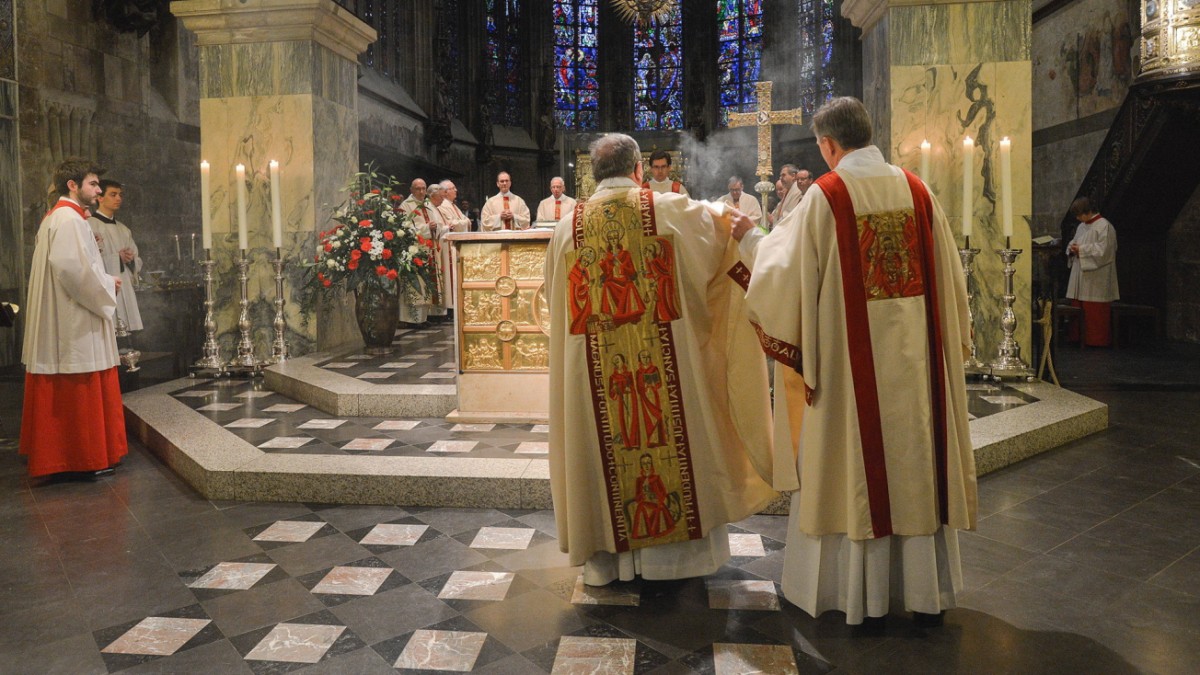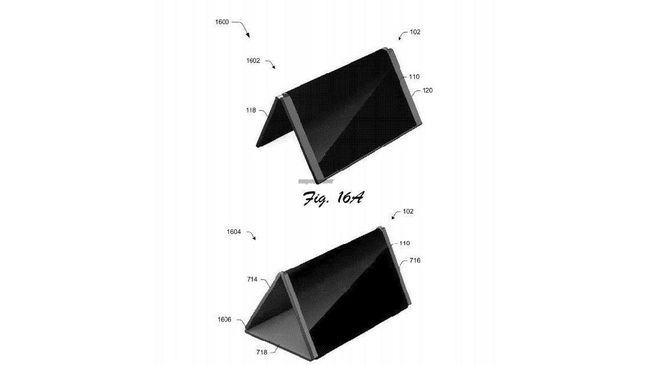A new report on sexual violence against children, young people and those under protection in the area of the diocese of Aachen accuses former bishops and vicars general of inappropriately handling cases of abuse. In the report presented on Thursday the Munich law firm Westpfahl Spilker Wastl (WSW) raises serious allegations against the former Aachen bishops Johannes Pohlschneider, Klaus Hemmerle and Heinrich Mussinghoff as well as against the vicars general Karlheinz Collas and Manfred von Holtum. Heinrich Mussinghoff, 80, and Manfred von Holtum, 76, are the only people still living who are incriminated in the report.
The most serious accusation, according to the experts, is against those responsible with regard to “transfer cases”. In other words, cases in which they continued to transfer abusers – although they had already committed assaults and in some cases had long been convicted of criminal law – and in some cases even left them in pastoral care. The risk of further victims was at least accepted; “In some cases this risk has also been verified in a cruel way,” says the 459-page document.
The files also show that those responsible must have been aware from the mid-1990s onwards that they might be making themselves liable to prosecution – for example, the offense of obstruction of punishment, aiding and abetting sexual abuse and negligent bodily harm.
Convicted perpetrators continued to be used in pastoral care
The investigation covers the period from 1965 to 2019. From the Aachen diocese files, the lawyers identified a total of 81 accused clergy, including 79 priests and two deacons. Using 14 case studies, the actions of those responsible are reconstructed. The experts criticize the fact that those responsible “primarily aimed at protecting offenders”.
In the mid-1990s, for example, a priest who was convicted of the sexual abuse of a young person, with the knowledge of Bishop Mussinghoff, moved abroad and continued to work as a pastor there. This is said to have ended only after the archbishop of the diocese concerned intervened abroad. The priest then worked in another German diocese without informing those responsible there of its previous history.
Promotion for convicted offenders
In another example, the experts describe the case of a chaplain from the files who was convicted of abusing 14 boys in the early 1950s. The chaplain himself is said to have asked his then bishop, Johannes Pohlschneider, after an assault, not to be reinstated in the pastoral care of young people. But this request was not complied with, and there were attacks and convictions.
After serving his sentence, the bishop then sent the chaplain to the neighboring diocese as a hospital chaplain. There, too, he had become conspicuous and was therefore ultimately sent back. In the meantime, he is said to have been given the title of “Rector” – because he has been “only a chaplain” for so long.
Back in Aachen, the man was again used in pastoral care – the pastor to whom he was assigned is said not to have been informed of the previous history. After another conviction for the abuse of eight boys in the early 1970s, the rector retired to a women’s convent. There he – meanwhile by Bishop Mussinghoff – was even awarded the title of pastor in the mid-1990s.
Those affected were seen as a threat
Until 2010, the files show almost no efforts by the diocese to actively approach the victims with pastoral care, the experts write. In contrast, the behavior of the diocese leadership is often characterized by a “barely comprehensible attention to the perpetrators”.
“Until 2003, victims were hardly ever noticed in the minds of those in charge of the church,” said WSW lawyer and co-author Martin Pusch. If so, then “not because of the suffering they caused, but because they were viewed as a threat to the diocese and the church as an institution. The resulting efforts to maintain discretion left no room for education and victim care.”
“I felt overwhelmed – especially with victim talks”
The named responsible persons were also interviewed for the report. Heinrich Mussinghoff, who was deputy chairman of the German Bishops’ Conference for twelve years, rejects the allegations about his lawyers. They call the report a “confrontation”. The assessment of the way in which the subject of abuse was dealt with at the time cannot be justified from today’s perspective. Both the socio-political assessment and canon law have changed over time.
The experts see it differently: Even in criminal judgments from the 1950s, it was said of the “immeasurable damage” sexual violence wreaked on the “spiritual, emotional and moral development” of children.
Mussinghoff points out that those affected had the opportunity to contact abuse officers. Manfred von Holtum is quoted as saying that he would act differently today: “He is of the firm conviction that the victims, in particular, need to talk to the management level of the diocese.” Already on Monday both had in the Aachen news reported to speak. At that time one had “little experience” with cases of abuse, said von Holtum of the newspaper. “We first had to learn how to handle it correctly”. Mussinghoff said: “I felt overwhelmed – especially with victim talks”.
The incumbent bishop now sees himself in the “role of the listener”
“I hope that after reading the report, a critical self-reflection will begin,” said lawyer Ulrich Wastl at the press conference. The point is not to pillory these two people. “It’s about creating the basis for clarifying and processing what happened, and that includes self-reflection on personal responsibility.” Wastl emphasized that the former vicar general von Holtum did not withdraw in the conversation that he was hierarchically subordinate to the bishop. “I give him credit for that.”
It is the first independent and unconditional expert opinion that focuses in particular on the role of those responsible for covering up acts of abuse. The incumbent Aachen Bishop Helmut This had commissioned the Munich office to do this; he and his vicar general Andreas Frick said they were not familiar with the paper and heard about it at the same time as the public.
Lawyer Wastl positively emphasized the support of the diocese. “We had never received files so quickly,” he said at the press conference. After the press conference, he let it be known that his task was to read the report, to remain in the “role of the listener” and to face the challenges. Shortly after the press conference, the diocese switched a telephone hotline for victims and witnesses of sexual violence.
A similar report for the Archdiocese of Cologne may not be published
The law firm Westpfahl Spilker Wastl had also prepared such an opinion on behalf of the Archdiocese of Cologne, Cardinal Rainer Maria Woelki had the publication in February in an interview with the Süddeutsche Zeitung announced. Here, too, Woelki should only find out about the content at a press conference in March. The press conference was then canceled at short notice, also due to legal intervention by persons named in the report, including today’s Archbishop of Hamburg, Stefan Heße.
Almost two weeks ago, Woelki completely canceled the publication and presented an expert opinion on the expert opinion, written by two criminal law professors who accuse Westpfahl Spilker Wastl of methodological deficiencies. Now the Cologne criminal law expert Björn Gercke is to create a new investigation. When asked to comment on the events in Cologne, lawyer Ulrich Wastl said on Thursday that the archdiocese had not released him from confidentiality. And: “This is Aachen and not Cologne.”
– .


